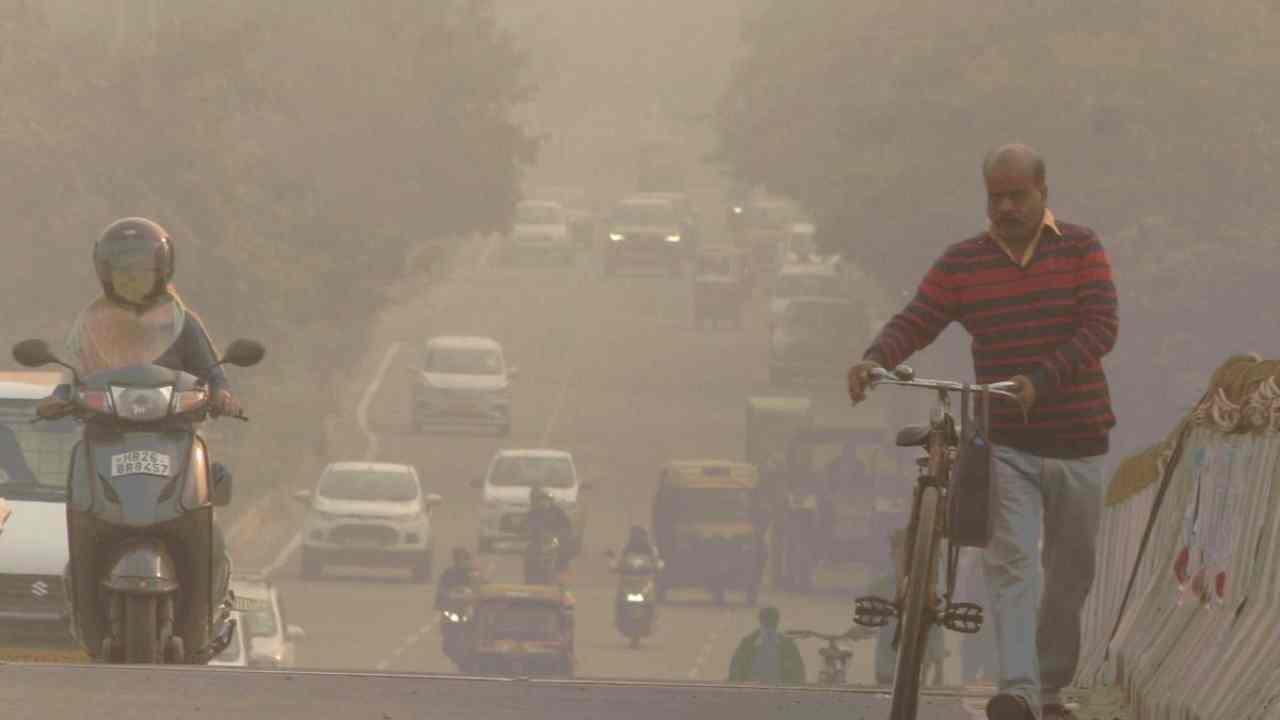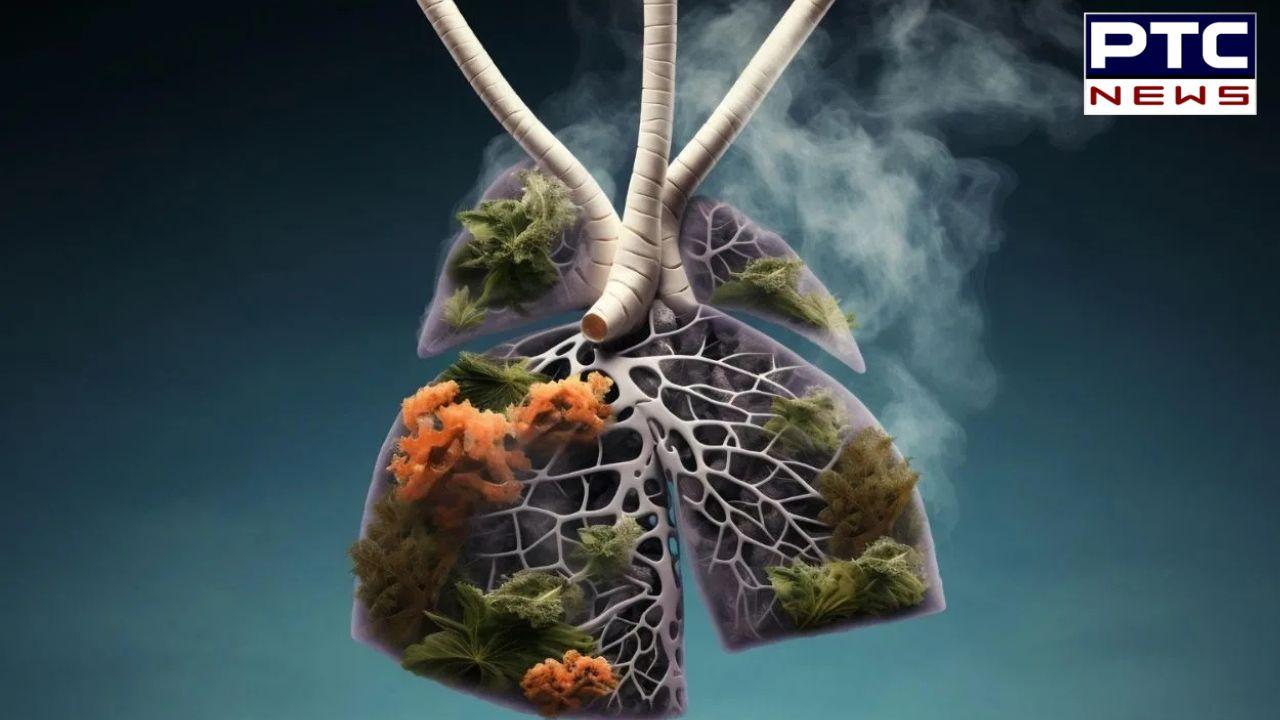

Delhi residents wake up to thick smog and poor air quality on Diwali amid stricter anti-pollution measures
Delhi air pollution: As Diwali festivities begin, residents of Delhi and its neighbouring areas woke up to a thick blanket of smog, with the air quality index (AQI) registering in the "very poor" category. According to real-time data from the System of Air Quality and Weather Forecasting and Research (SAFAR), the AQI was recorded at 328 on the morning of Diwali, indicating a significant pollution level.
The AQI classifications range from 0 to 50, which is considered good, to above 450, categorised as severe-plus. Unfortunately, areas such as Anand Vihar reported an AQI of 419, pushing it into the "severe" category. Other regions, including Alipur, Ashok Vihar, Aya Nagar, Bawana, Burari, Dwarka, and IGI Airport (T3), also experienced "very poor" air quality. Experts from the Indian Institute of Tropical Meteorology (IITM) in Pune predict that the AQI may remain in the "very poor" range on Thursday and Friday, with the potential to worsen if emissions from firecrackers and agricultural stubble burning increase.
Experts said pollution levels were likely to spike on Diwali due to shifting wind patterns. As winds change from a south-southeast direction to northwesterly, they may carry smoke from stubble burning in neighbouring states into Delhi. The use of firecrackers could exacerbate the situation, as the new wind direction may trap additional pollutants, further deteriorating air quality.
Historically, Delhi has faced varying air quality levels during Diwali. Last year, Diwali was celebrated on November 12, and the city recorded its best air quality in eight years, with an average AQI of 218.

Factors Contributing to Poor Air Quality
A significant factor contributing to the current pollution levels is stubble burning in neighbouring states like Haryana and Punjab, particularly during the post-harvest season of October and November. This seasonal agricultural practice, combined with local emissions, plays a crucial role in elevating pollution levels in the capital.
Strict Anti-Pollution Measures Implemented
In response to the deteriorating air quality, the Delhi government has enacted several measures aimed at curbing pollution levels, especially during the Diwali celebrations. A total of 377 enforcement teams have been formed to monitor and enforce the ban on firecrackers throughout the national capital, as confirmed by Delhi Environment Minister Gopal Rai. The Delhi Police have been instructed to form dedicated teams to ensure compliance with the ban in their respective districts.
To combat hazardous air quality, the authorities activated stage two of the Graded Response Action Plan (GRAP) last week. This stage includes:
Restrictions on polluting activities: Use of coal, firewood, and diesel generator sets is limited across the Delhi-National Capital Region (NCR).
Road Maintenance and dust control: Daily mechanical sweeping and water sprinkling will be conducted on identified roads. Additionally, dust control measures will be implemented at construction and demolition sites to minimise airborne particulates.
Traffic management: Traffic personnel will be deployed at congestion points to manage vehicle flow effectively. In a bid to reduce traffic, vehicle parking fees will be increased to discourage private transport.
Public transport enhancement: The authorities will enhance bus and metro services to encourage residents to opt for public transport over personal vehicles.
Suggested measures for residents
As the air quality continues to pose health risks, residents are encouraged to adopt the following practices to protect themselves and the environment:
Limit Outdoor Activities: Minimise outdoor activities, especially during early mornings and late evenings when pollution levels are typically higher.
Use Public Transport: Residents are advised to rely on public transportation systems instead of private vehicles to reduce emissions.
Avoid Firecrackers: To contribute to better air quality, it is essential to refrain from bursting firecrackers during Diwali celebrations.
Maintain Vehicles: Regularly replace air filters in vehicles and ensure they are well-maintained to reduce emissions.
Avoid Open Burning: Residents should avoid the open burning of solid waste and biomass, which significantly contributes to air pollution.
Stay Informed: Keep track of real-time air quality updates through platforms like SAFAR to make informed decisions about outdoor activities.
- With inputs from agencies
